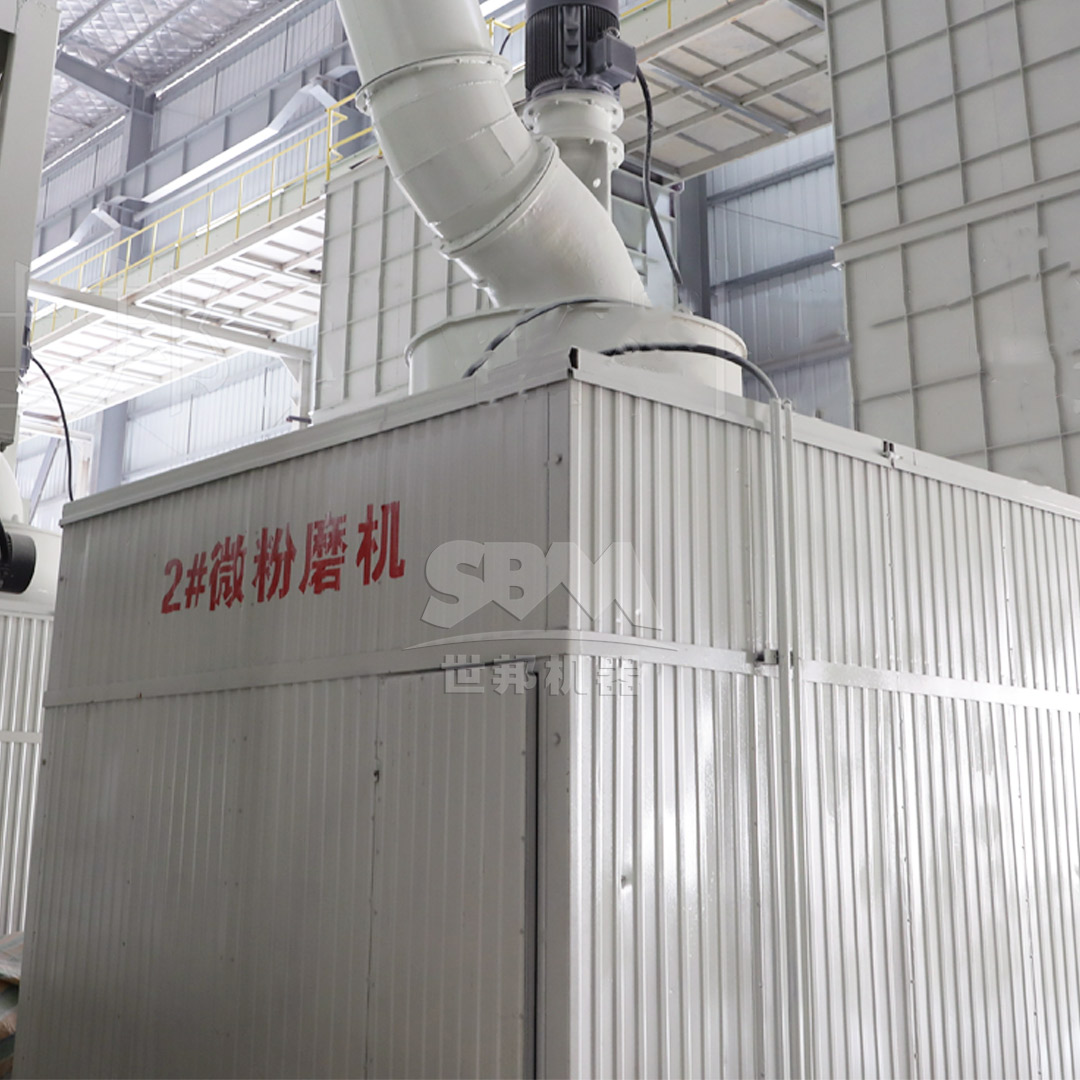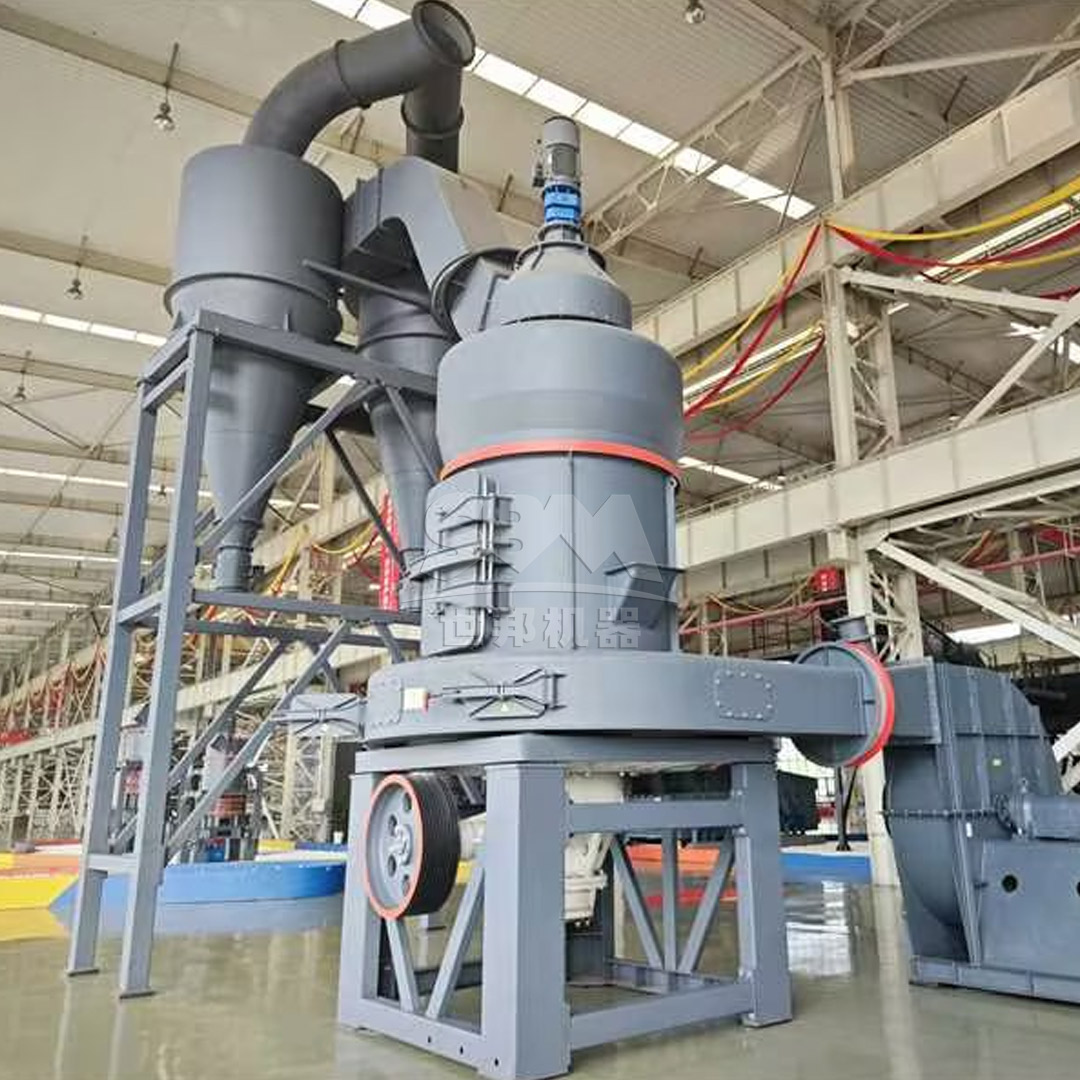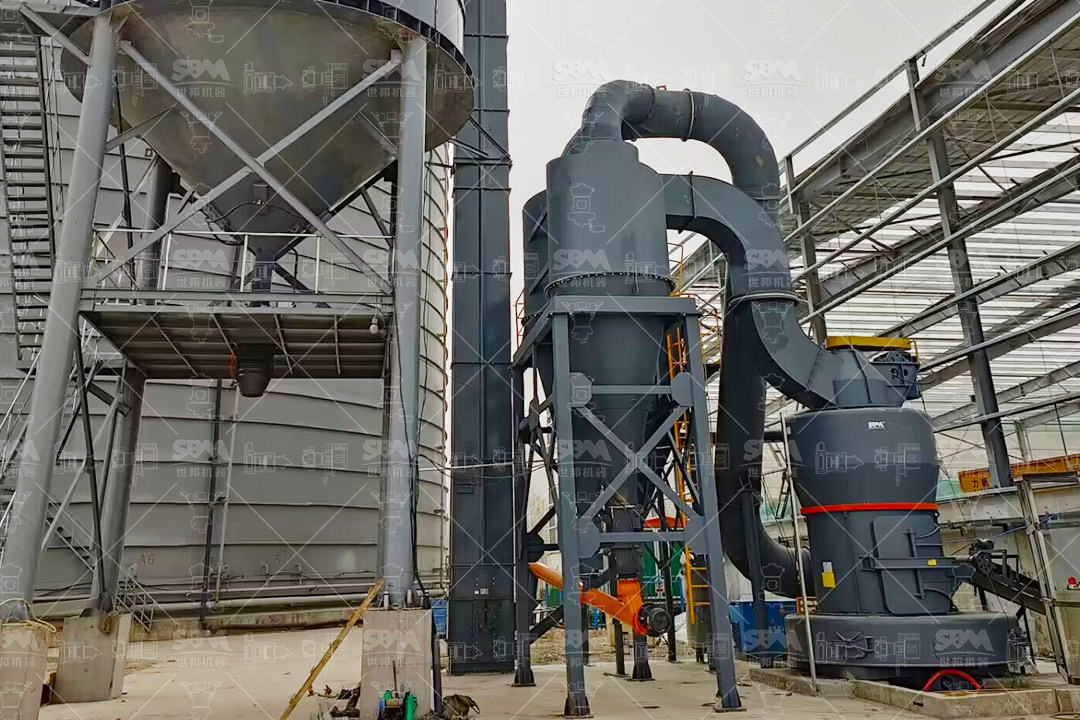Bauxite, as a primary raw material for refractory products, demands precise processing to achieve the desired chemical purity and particle size distribution. The production of high-quality bauxite powder is critical for manufacturing refractory materials with superior thermal stability, mechanical strength, and corrosion resistance. This article explores the key factors in optimizing bauxite powder production and highlights advanced milling solutions that enhance efficiency and product quality.
In refractory material production, the particle size distribution of bauxite powder directly influences the packing density, sintering behavior, and final properties of the products. Fine powders (e.g., below 10μm) improve sintering activity and density, while coarser particles (e.g., 45-100μm) provide structural stability. Achieving a balanced granulometry is essential for optimal performance.
Bauxite ore is often abrasive and heterogeneous, posing challenges such as high wear on grinding equipment, energy consumption, and maintaining consistent fineness. Traditional grinding methods like ball mills may lead to over-grinding or insufficient liberation of impurities, affecting refractory quality.
| Parameter | Ideal Range for Refractory Bauxite |
|---|---|
| Particle Size (D97) | 5-45μm |
| Al2O3 Content | >85% |
| Fe2O3 Impurity | <1.5% |
| Moisture Content | <0.5% |
Modern grinding equipment offers solutions to overcome these challenges through high precision, energy efficiency, and durability. Key technologies include ultrafine mills, vertical roller mills, and trapezium mills, each suitable for different stages of bauxite processing.
For refractory grades requiring ultra-fine powders (e.g., below 10μm), ultrafine mills provide superior performance. Our SCM Ultrafine Mill is engineered to produce bauxite powder with a fineness range of 325-2500 mesh (D97 ≤5μm). Its vertical turbine classifier ensures precise particle size control without coarse contamination, which is crucial for achieving high-density refractory structures. With capacities from 0.5 to 25 ton/h and energy consumption 30% lower than jet mills, the SCM series is ideal for high-efficiency production.

For intermediate fineness (e.g., 30-325 mesh) and high throughput, vertical roller mills like the MTW Series Trapezium Mill offer robust performance. With input sizes up to 50mm and outputs adjustable from 30 to 325 mesh, this mill handles coarse bauxite crushing and fine grinding in a single unit. Its curved air duct design reduces energy loss, and the combined shovel blades minimize maintenance costs. The MTW series supports capacities from 3 to 45 ton/h, making it suitable for large-scale refractory material plants.

A leading refractory manufacturer implemented the SCM Ultrafine Mill for processing high-alumina bauxite. By achieving a consistent D97 of 5μm, the plant improved the sintering density of their products by 15% and reduced energy consumption by 30% compared to previous ball mill systems. The mill’s pulse dust collection system also ensured emissions below international standards, aligning with environmental regulations.

Optimizing bauxite powder production requires advanced grinding technology that balances fineness, capacity, and energy efficiency. The SCM Ultrafine Mill and MTW Trapezium Mill represent cutting-edge solutions tailored for refractory applications, ensuring high product quality and operational economy. Investing in the right milling equipment is pivotal for meeting the stringent demands of high-performance refractory materials.